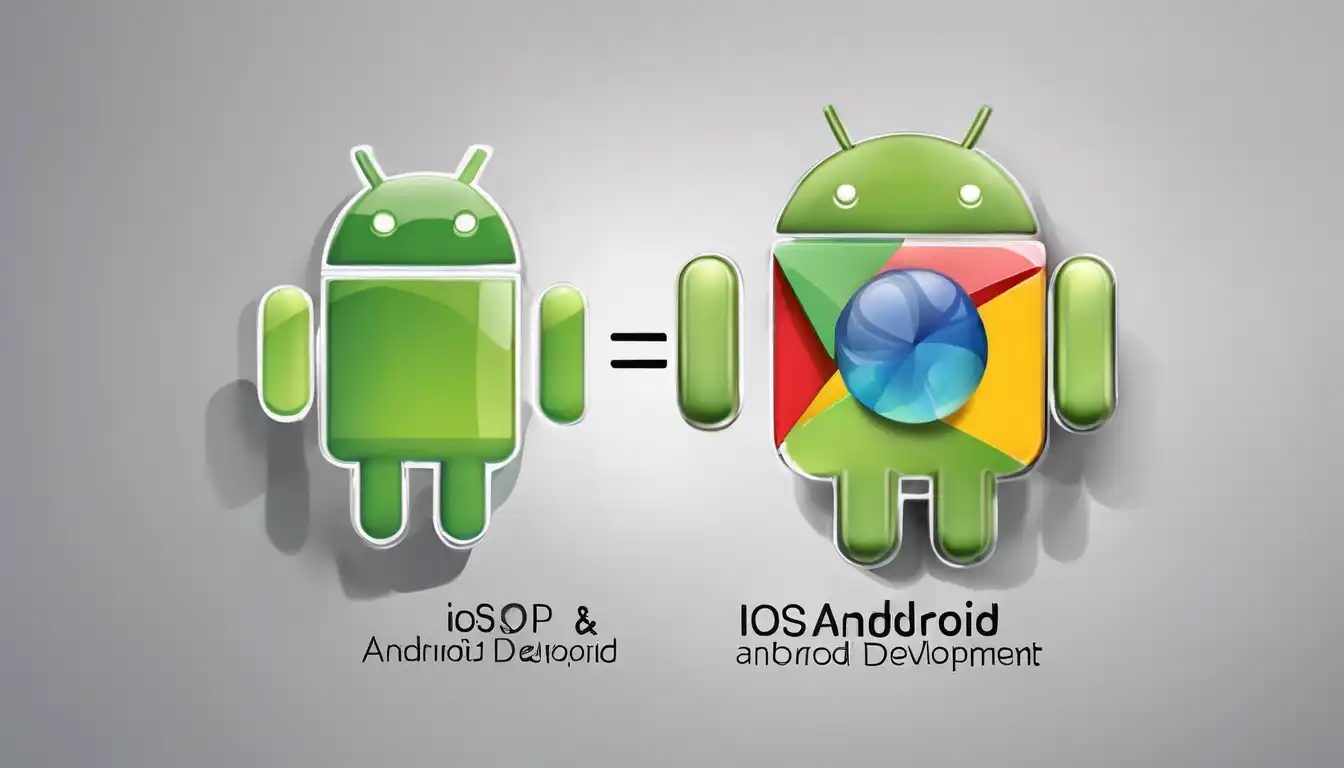Introduction to iOS and Android Development
When it comes to mobile app development, two platforms dominate the market: iOS and Android. Each has its unique ecosystem, development tools, and programming languages. Understanding the differences between iOS and Android development is crucial for developers and businesses aiming to create successful mobile applications.
Development Languages
One of the primary differences between iOS and Android development lies in the programming languages used. iOS apps are primarily developed using Swift or Objective-C, while Android apps are built using Java or Kotlin. Swift and Kotlin are both modern languages designed to be more intuitive and safer than their predecessors.
Development Environments
iOS development requires Xcode, Apple's integrated development environment (IDE), which is only available on macOS. Android development, on the other hand, can be done on any operating system using Android Studio. This difference can significantly affect the choice of platform for developers based on their hardware preferences.
Design Guidelines
Apple and Google have distinct design philosophies. iOS apps follow Apple's Human Interface Guidelines, emphasizing clarity and depth. Android apps adhere to Material Design principles, focusing on a more flexible and adaptive design. These guidelines influence not only the aesthetics but also the user experience of the apps.
App Distribution
The process of distributing apps also varies between the two platforms. iOS apps are distributed through the Apple App Store, which has a strict review process. Android apps are distributed via the Google Play Store, which has a more lenient approval process. This difference can impact the time it takes for an app to go live.
Market Share and Monetization
Android holds a larger global market share, making it an attractive platform for reaching a wider audience. However, iOS users tend to spend more on apps, making the platform more lucrative for monetization. Developers must consider these factors when deciding which platform to prioritize.
Conclusion
Choosing between iOS and Android development depends on various factors, including target audience, development resources, and monetization goals. By understanding the key differences outlined in this article, developers and businesses can make informed decisions to maximize the success of their mobile applications.
For more insights into mobile app development, check out our latest trends in mobile development.
